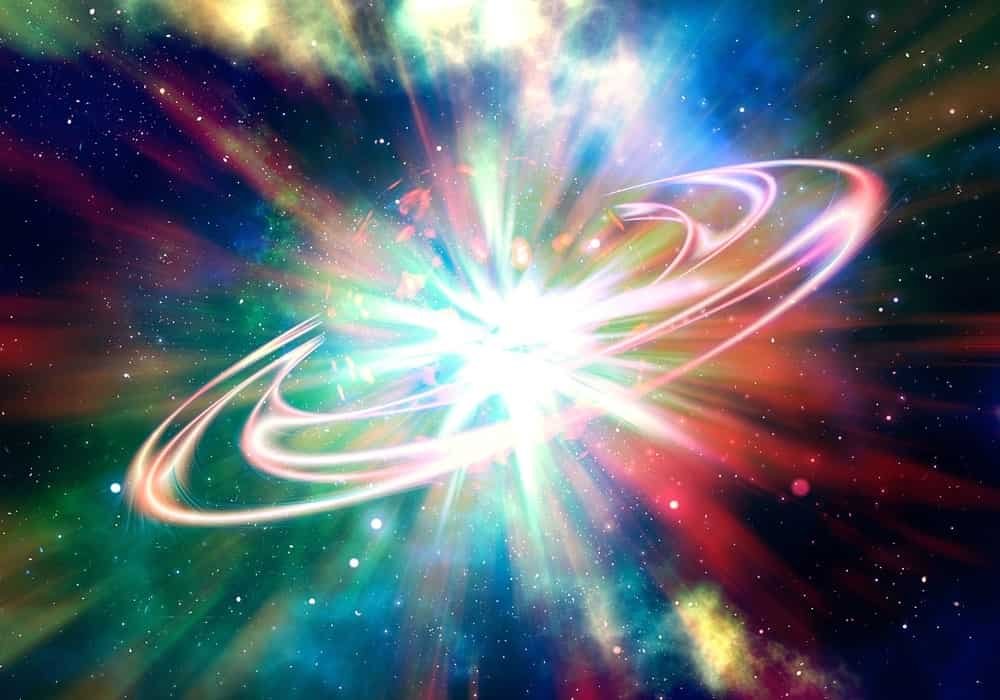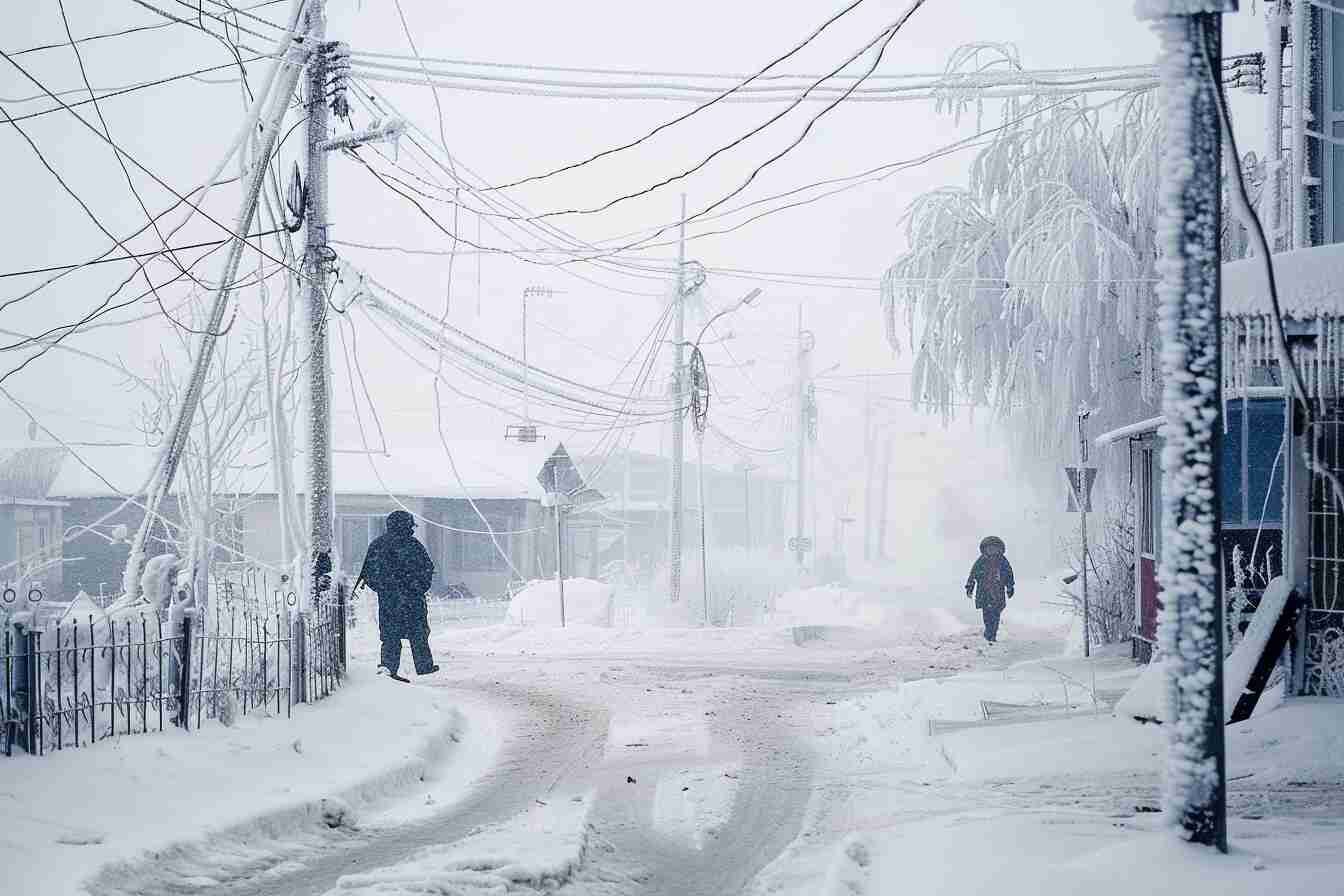What Created the Big Bang? Exploring the Origins of the Universe
Here is a question that is difficult to answer. What created the Big Bang? So it’s in a very simplified way that we will try to talk about it.
In the current understanding of cosmology, the precise origin of the singularity that led to the Big Bang is still an open question. It is a realm where the known laws of physics, as we understand them, may break down. At such extreme conditions, the forces and particles that govern our everyday experiences may behave differently.
First of all, it must be said that the Big Bang does not describe the origin of the universe, but the continuation of the stages of its evolution, from a hot, dense and very concentrated state until today.
The Big-bang theory – the most widely accepted by scientists today – is mainly based on an observation made by astronomer Edwin Hubble in the 1920s: galaxies are moving away from each other and all the more quickly that the distance between them is greater. In other words, and in a very simplistic way (the reality is more complicated), the universe is expanding (it is expanding) and more and more rapidly.
Also, if the galaxies are moving away now, we can assume that they were closer to each other in the past. This is what astronomers observe when scanning the sky. And so they came to the conclusion that 13.7 billion years ago, the birth date of the universe, all of this matter was gathered in one extremely dense and hot “point”.
The name of big bang comes from the fact that it all started with a gigantic explosion of this “point”. Space and time, therefore the universe and its expansion, appeared at this precise moment, all in less than a second.
But if we are able to describe what happened a few fractions of a second after this explosion (thanks to the observations and research of astrophysicists), we cannot yet explain how it happened, much less what it was. ‘there was before, if there was a before!
So once is not customary, we will not answer the question asked this month. At most we can say: we do not know yet … But with all the discoveries made in recent years, no doubt that scientists will eventually find an answer!
Simplified explanations of some theories and concepts related to the creation of the Big Bang
In this article, we will provide simplified explanations of some theories and concepts related to the creation of the Big Bang.
The Big Bang Theory
The Big Bang theory proposes that the Universe began as a singularity, an extremely hot and dense point, approximately 13.8 billion years ago. It suggests that the Universe underwent rapid expansion, leading to the formation of matter, energy, and the subsequent evolution of galaxies, stars, and planets.
Origin of the Singularity
The exact cause of the singularity that initiated the Big Bang is still unknown. At the point of singularity, our current understanding of physics breaks down, and the known laws of nature cannot fully explain what occurred. This is an area of active research, with scientists exploring various hypotheses.
Quantum Fluctuations
One hypothesis suggests that quantum fluctuations, the inherent uncertainty of quantum physics, played a role in triggering the Big Bang. According to this idea, tiny fluctuations in the fabric of spacetime at the quantum level caused the singularity to undergo a rapid expansion, leading to the birth of the Universe.
Inflationary Models
Another concept is inflationary theory, which proposes that the Universe underwent a phase of rapid expansion shortly after the Big Bang. Inflationary models suggest that a rapid burst of expansion smoothed out the initial irregularities and set the stage for the subsequent formation of galaxies and cosmic structures.
Multiverse Hypothesis
Some theories speculate that our Universe is part of a larger multiverse, a vast ensemble of universes with different physical properties. According to this idea, the Big Bang may have been triggered by interactions between different regions of the multiverse, causing our Universe to emerge.
The Quest for Answers
Scientists continue to investigate these and other theories to gain a deeper understanding of the origins of the Big Bang. Through experiments, observations, and advancements in theoretical physics, researchers are working to uncover the fundamental nature of the singularity and the events that led to the creation of our Universe.
Conclusion
While the precise cause of the Big Bang remains a mystery, scientists are making significant strides in unraveling the origins of the Universe. Simplified explanations, such as quantum fluctuations, inflationary models, and the multiverse hypothesis, offer insights into the potential mechanisms that may have set the stage for the Big Bang. By delving deeper into these theories, scientists are bringing us closer to understanding the profound moment that marked the birth of our vast and expanding cosmos.
Source: PinterPandai, Earth Sky
Photo credit: Pixabay



